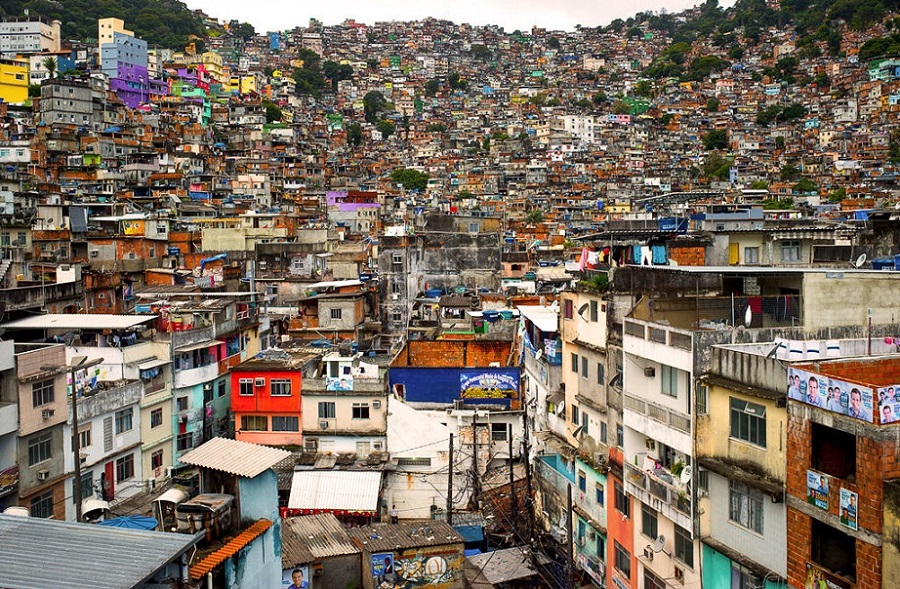RIO DE JANEIRO, BRAZIL – Americanas (AMER3) is expanding parcel delivery to the favelas, trying to make its mark among an underserved audience of millions of consumers and establish itself in Brazil’s increasingly fierce e-commerce competition.
After a test in April, the retailer extended the project to 4 other such communities this month, including Rocinha and Vila Cruzeiro in Rio de Janeiro, as well as Heliópolis and Cidade Júlia in São Paulo.
The model consists of Americanas delivering the orders to the edge of favelas and a container that serves as a logistics center.

From there, the ‘last mile’ is handled by residents under the guidance of G10 Favelas, a group of leaders for social and economic impact initiatives in these communities.
The model was expanded after Americanas since April posted a nearly six-fold increase in the daily number of deliveries in Paraisópolis, one of São Paulo’s largest favelas, due to the increased success of Favela Brasil Xpress delivery drivers in reaching homes in alleys and alleyways, many with no zip code or numbers.
“The goal for 2021 is to expand the project to 50 favelas, further reaching the over 300 communities in Brazil,” Americanas’ operations manager André Biselli said.
According to the executive, the partnership coupled with inclusion projects such as logistics scholarships for favela residents has proven to be a more effective way to reach customers by creating an involvement with these communities.
Due to the regular cases of burglaries and robberies of delivery trucks in these urban areas, typically on hills with narrow streets and often controlled by organized crime, large retailers have avoided selling certain products for delivery in the favelas, such as electronics.
According to Biselli, since the start of the shared delivery model in Paraisópolis, there have been no security incidents involving deliveries by Americanas in the region.
G10 Favelas’ national president Gilson Rodrigues says that residents from several favelas in Brazil have asked to have local delivery points, and he is also talking to interested companies from other sectors. “We are showing that favela residents don’t want to be underdogs, but instead to have the same access as everyone else,” he said.
The NGO president said that the project does not entail agreements with gang leaders and that it has been successful due to the perception that it benefits these communities.
In addition to package deliveries, the partnership foresees that businesses founded by favela residents will also be able to sell their products on the Americanas marketplace.
GIANT MARKETPLACE
With about 6% of Brazil’s population, according to an estimate of the Brazilian Institute of Geography and Statistics (IBGE), or about 13 million people, the favelas consume an estimated R$168 (US$32.4) billion per year.
Americanas’ initiative illustrates how major retailers in the country are developing initiatives to reach this audience, particularly since last year, when aid programs created to fight the impact of the crisis triggered by the Covid-19 pandemic, some of them through digital accounts, ultimately accelerated access to banking services for millions of people in Brazil, including residents of regions with a lower reach of public authorities and financial services, such as the favelas.
The initiative also comes after Americanas posted second quarter sales results below the growth posted by e-commerce rivals in Brazil, such as Mercado Libre and Magazine Luiza despite the introduction of free shipping and incentives for sellers to use the service.

